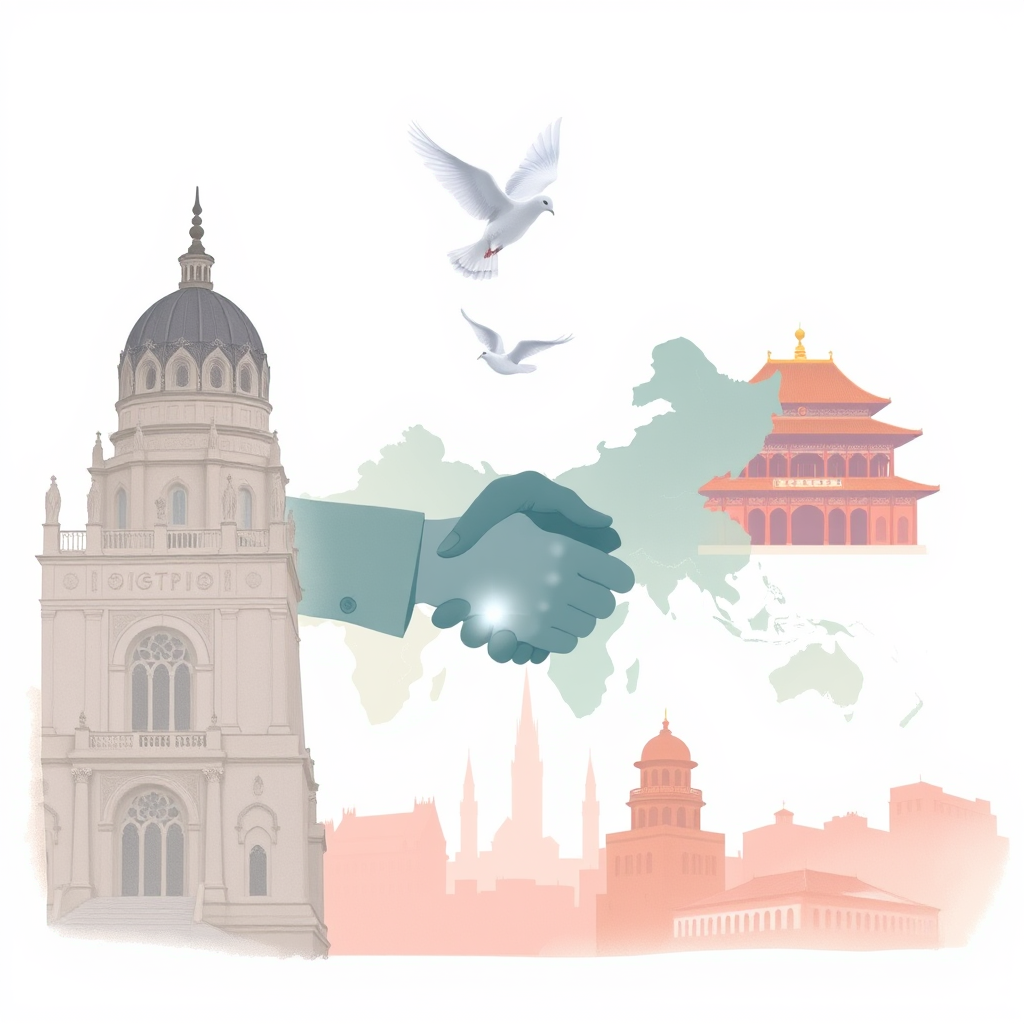Pope's Death: What It Means for China Relations

Recent shifts in Vatican leadership raise critical questions about the future of relations between the Holy See and China, a relationship painstakingly cultivated by Pope Francis. For decades, the Vatican has navigated a complex path in its attempts to engage with the world’s most populous nation, balancing religious principles with geopolitical realities. Francis, recognizing the growing global influence of China, prioritized dialogue, culminating in a landmark 2018 accord designed to streamline the appointment of Catholic bishops – a historically contentious issue.
This agreement, extended multiple times and currently in effect until 2028, represented a compromise: Chinese authorities would propose candidates, subject to Vatican approval. While lauded by some as a pragmatic step towards normalizing relations and ensuring the survival of the Catholic Church within China, the deal drew criticism from others who feared it ceded too much authority to Beijing, potentially jeopardizing the welfare of underground Catholic communities who refused to align with state-sanctioned institutions.
The specifics of the accord remain confidential, but its very existence signaled a willingness to engage, a departure from previous approaches. Francis further demonstrated this commitment by dispatching Cardinal Matteo Maria Zuppi to China in 2023 – a rare diplomatic overture – not on a religious mission, but as part of a peace initiative for Ukraine. This move underscored the Vatican’s desire to collaborate with China on broader international issues.
However, the path forward is far from certain. Experts suggest China’s current geopolitical priorities, particularly its strained relationship with the United States, may diminish its enthusiasm for deeper engagement with the Vatican. Some analysts believe Beijing could easily abandon the 2018 agreement without significant repercussions.
Despite these challenges, many argue that maintaining a constructive dialogue with China remains crucial for the Vatican. Beyond religious considerations, collaboration on global issues like poverty and hunger is essential. A visit to China by the next Pope, while ambitious, could further solidify this relationship.
A shift away from Francis’ approach risks damaging the Vatican’s standing as an international peace broker and could lead to increased repression of Catholics within China. The potential consequences are significant, ranging from further arrests of bishops to the destruction of churches.
Ultimately, the next Pope faces a delicate balancing act. Continuing Francis’ policy of engagement, despite the inherent risks and potential setbacks, appears to be the most prudent course of action. Abandoning dialogue would not only harm the Catholic Church’s prospects within China but also diminish its ability to play a constructive role in a rapidly changing world. The Vatican’s ability to navigate this complex relationship will undoubtedly shape its influence on the global stage for years to come.